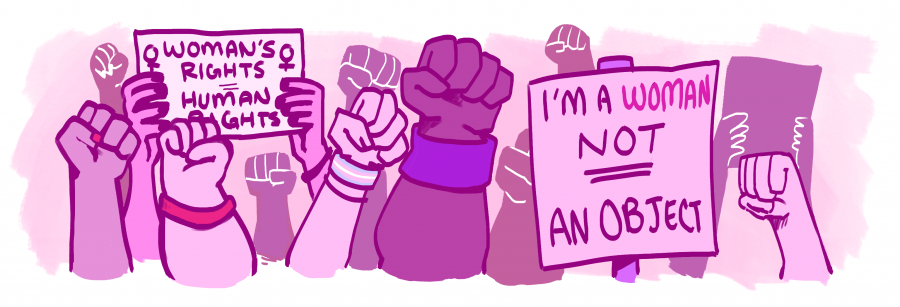“Sexual harassment” is an issue of power. It is the exertion of power over another without power. This is why sexual harassment has reportedly been rampant within the Texas Legislature for decades. Even now, there are only 29 women in the 150-member Texas House of Representatives. As a legislator, I have not experienced sexual harassment nor have I witnessed it. My sense is that some men may behave differently around me than they might when there are no women in positions of authority watching. My sense is, too, that it is the youngest employees who are the most vulnerable to sexual harassment. In fact, my guess is that too many UT students have sought valuable experience contributing to policymaking for our state and have been on the receiving end of sexual harassment.
I was one of those students confronted with a scary and demoralizing act of sexual predation during my time at UT. It was my first paying job and I was working as an intern at a Texas state agency while still a full-time student at UT. A much older, married, male “coworker” repeatedly asked me out while at work. The worst was when he once trapped me between his arms against a bookshelf in front of other employees. I remember that I shut my eyes tight hoping I might disappear. It was humiliating. He let me go after a few seconds, but I was shaken.
The good news in my story: I confided in a male employee I trusted. He told me he would take care of it. It never happened again. I don’t know what he did to make it stop. But, I know he was an ally. This experience taught me how important it is for all of us to be allies against a culture of sexual harassment that has persisted for far too long.
The crying out of “me too” from every corner of every industry and every socio-economic reality has taught all of us that it’s going to take an “all-in” effort to change a culture that has allowed — no, expected — most of us to look the other way in the face of real inequity and real suffering. We begin to make change by being absolutists in our expectations of mutual respect in the workplace. But that can’t be enough. If we are going to be allies in the creation of a society that is intolerant of sexual harassment, we have to, also, be allies in changing the power differential. We have the ability to hire (vote in) elected officials to change the balance of power in the workplace where it is most concentrated and can be most destructive: the government. Let’s create an alliance to elect more women and underrepresented populations to create equity in our workplaces and in our policies. Who knows? If we elected a few more women to the Texas Legislature, maybe we could even move the agenda off the biennial favorite of “sex” and “guns.”
Hinojosa is a member of the Texas House of Representatives. She represents House District 49, which includes UT-Austin.













